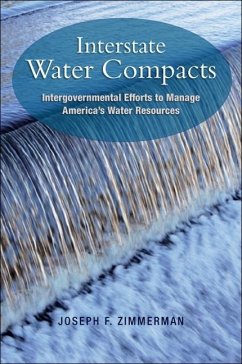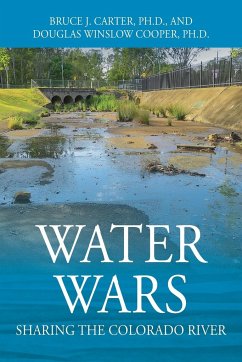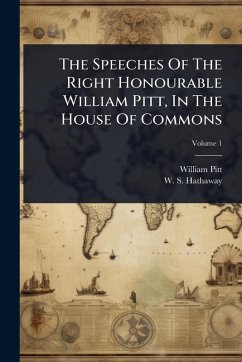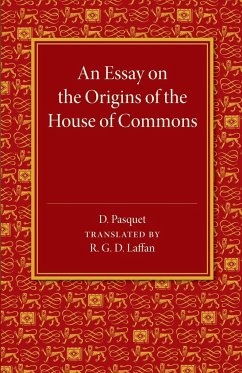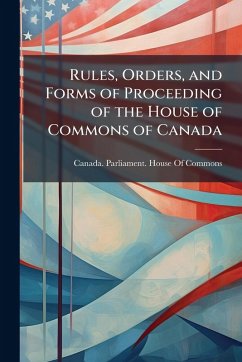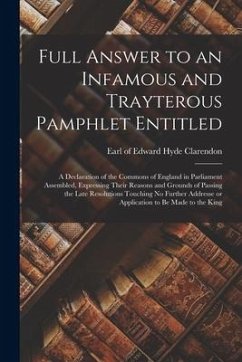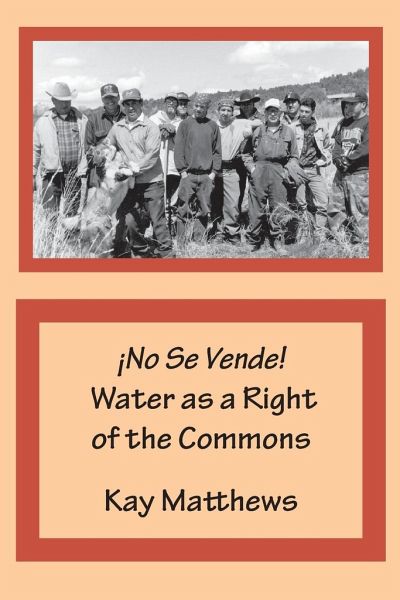
¡No Se Vende! Water as a Right of the Commons
Versandkostenfrei!
Versandfertig in 1-2 Wochen
16,99 €
inkl. MwSt.

PAYBACK Punkte
8 °P sammeln!
Custom and tradition within the acequia (irrigation ditches) agricultural communities of New Mexico, despite the law that assigns a priority date and implies ownership of water, still govern the use of the water by mayordomos and commissions, and repartimiento, or water distribution and sharing, is worked out among communities without state oversight. New Mexico communities have maintained—not preserved—their commons in ways that remain part of our everyday lives: parciantes irrigating crops and fields with acequias; extant land grants managing their forest resources communally; grazing as...
Custom and tradition within the acequia (irrigation ditches) agricultural communities of New Mexico, despite the law that assigns a priority date and implies ownership of water, still govern the use of the water by mayordomos and commissions, and repartimiento, or water distribution and sharing, is worked out among communities without state oversight. New Mexico communities have maintained—not preserved—their commons in ways that remain part of our everyday lives: parciantes irrigating crops and fields with acequias; extant land grants managing their forest resources communally; grazing associations forming to collectively raise cattle on private and public lands; and pueblo farmers saving seed to reproduce crops regionally grown for hundreds of years. As an editor and writer I have often referenced the work of economist Elinor Ostrom, a proponent of the philosophy that people can create rules to manage shared resources, without the interference of the state or marketplace. As an editor and writer I have covered all the water stories that both challenge and complicate the idea of the commons: priority administration; state and federal adjudications; pre-existing rights on federal lands; regional water planning; ski area development; changing demographics; drought and climate change; and much, much more. This book will guide the reader through that history with stops along the way to tell the stories of those trying to "keep their eye on the prize," i.e., water as a right of the commons.





